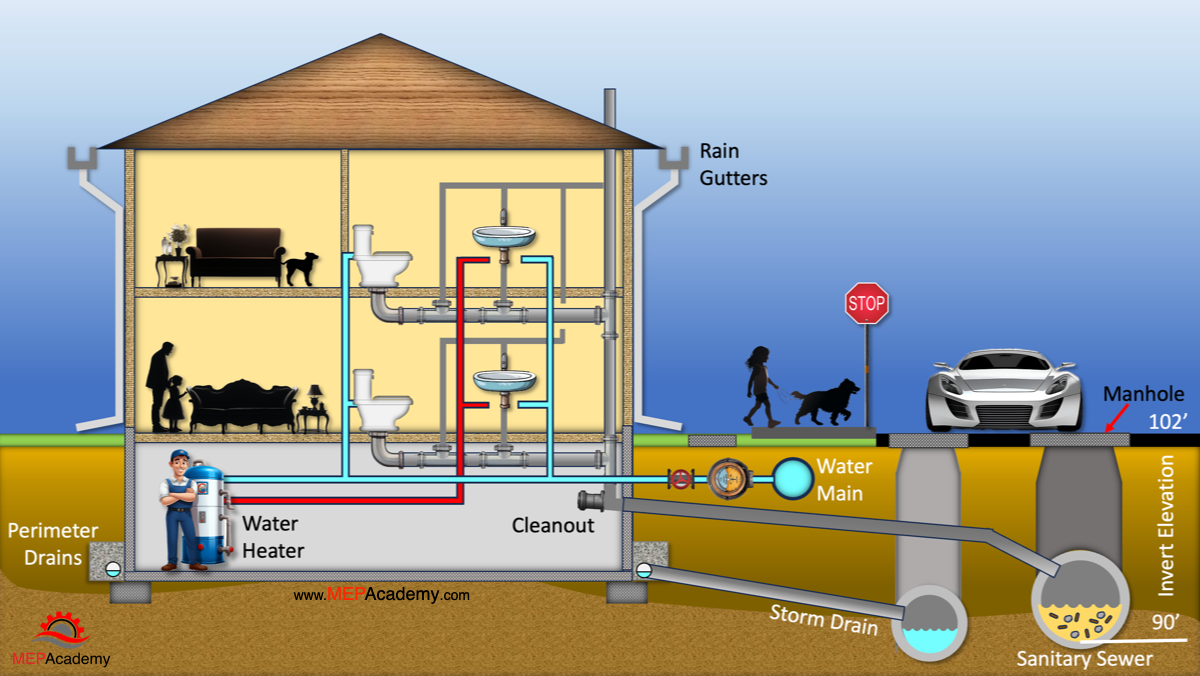Modernizing Your Home's Plumbing Infrastructure: Exploring Cast Iron Pipe Replacement Options
The plumbing infrastructure in your home plays a crucial role in maintaining a comfortable and functional living environment. Over time, however, the pipes that make up your plumbing system can deteriorate and require replacement. One common type of pipe used in older homes is cast iron pipes. While cast iron pipes were once the standard, modern plumbing technology has since evolved, offering newer and more efficient options for pipe replacement.
The Deterioration of Cast Iron Pipes
Cast iron pipes were commonly used in residential plumbing systems until the 1970s. While durable and long-lasting, these pipes are susceptible to certain issues over time. One of the main problems with cast iron pipes is corrosion. Over the years, exposure to water and minerals can cause the inside of the pipes to rust and deteriorate, leading to leaks and blockages. Additionally, the weight of the cast iron pipes can put a strain on the overall structure of your home, potentially causing damage to the foundation or walls.
Modern Replacement Options
If you have cast iron pipes in your home that are showing signs of deterioration, it may be time to consider modernizing your plumbing infrastructure. Here are some popular replacement options:
PVC Pipes
PVC (polyvinyl chloride) pipes have become one of the most common replacement options for cast iron pipes. PVC pipes are lightweight, easy to install, and resistant to corrosion and scaling. They are also cost-effective, making them a popular choice for homeowners looking to update their plumbing systems without breaking the bank. PVC pipes come in various sizes and can be easily connected using glue or compression fittings.
PEX Pipes
PEX (cross-linked polyethylene) pipes are another popular choice for replacing cast iron pipes. These flexible pipes are easy to install and highly resistant to freezing, making them ideal for cold climates. PEX pipes also have a long lifespan and are resistant to corrosion and scaling. One of the main advantages of PEX pipes is their flexibility, which allows for easy installation in tight spaces or around corners.
Copper Pipes
Copper pipes have been used in plumbing systems for many years and are known for their durability and longevity. While copper pipes tend to be more expensive than PVC or PEX pipes, they offer several benefits. Copper is resistant to corrosion, which means you won't have to worry about leaks or blockages caused by rust. Copper pipes are also heat-resistant, making them suitable for both hot and cold water supply lines.
Hiring a Professional Plumber
When considering a cast iron pipe replacement, it is advisable to hire a professional plumber. A licensed plumber will have the expertise and tools necessary to assess your plumbing system and recommend the best replacement option for your home. They will ensure that the new pipes are properly installed, minimizing the risk of leaks or other issues in the future.
Conclusion
Modernizing your home's plumbing infrastructure by replacing cast iron pipes is a wise investment. Whether you choose PVC, PEX, or copper pipes, you will benefit from improved durability, corrosion resistance, and increased efficiency. Hiring a professional plumber is essential to ensure that the replacement is done correctly. By upgrading your plumbing system, you can enjoy a more reliable and modern plumbing infrastructure in your home.
